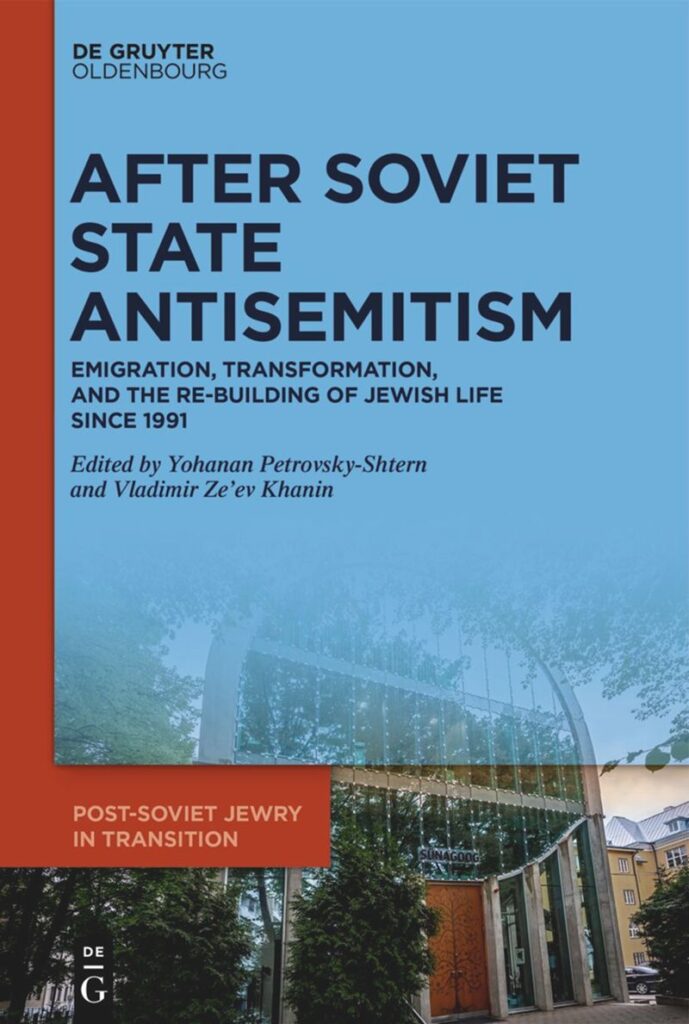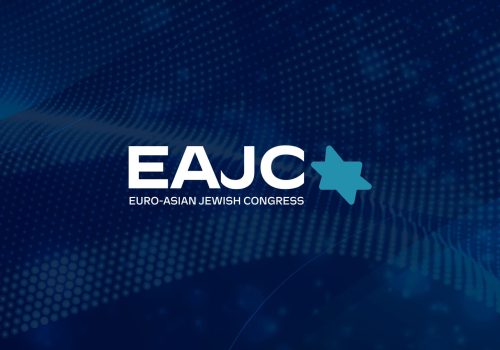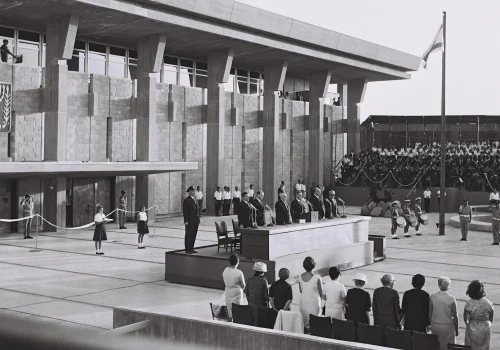- 22/01/2025

In the prestigious academic publishing houses De Gruyter and Brill Publishers (Berlin and Leiden) — among the most authoritative in Europe and worldwide — has been published a collective monograph “After Soviet State Antisemitism: Emigration, Transformation, and the Revival of Jewish Life After 1991”.
This volume is the second installment in the series “Post-Soviet Jewry in Transition”, initiated by the Institute of Euro-Asian Jewish Studies (IEAJS), a research and analytical project of the Euro-Asian Jewish Congress (EAJC). One of the two chief editors of the series, as well as co-editor and contributor to the volume “After Soviet State Antisemitism”, is Professor Zeev Khanin, the academic head of IEAJS. Dr. Haim Ben Yaakov, EAJC CEO and Vice President of the Institute, has also contributed to the series as a member of the editorial board and co-author of the new volume.
The second volume of the “Post-Soviet Jewry in Transition” series aims to contribute to the study of new trends and perspectives in Jewish life across the post-Soviet space. The new publication features contributions from a group of distinguished experts from Belarus, Germany, Israel, Moldova, Poland, Russia, Ukraine, and the United States. These experts analyze contemporary Jewish communities in the post-Soviet countries of the Euro-Asian region using methods from sociology, history, cultural studies, religious studies, ethnography, political science, and related disciplines.
Dr. Haim Ben Yakov, director general of the EAJC, remarked:
“The series ‘Post-Soviet Jewry in Transition,’ initiated by us, along with the publication of its two volumes and the fruitful collaboration of IEAJS with the highly esteemed De Gruyter publishing house, signifies the recognition of the authority of the EAJC-established think tank — the Institute of Euro-Asian Jewish Studies. We continue to pursue active research and analysis across a wide range of topics, engaging experts and researchers from the Euro-Asian region. We are pleased that the results of such challenging work have materialized in this remarkable publication, and we look forward to the many plans and research projects that lie ahead.”
About the book “After Soviet State Antisemitism: Emigration, Transformation, and the Revival of Jewish Life After 1991”
Following the abolishment of state-sanctioned antisemitism under Gorbachev’s Perestroika liberalization policy, Jewish life in the (F)SU ([former] Soviet Union) was dominated by two interrelated trends: large-scale emigration on the one hand, and attempts to re-establish a fully-organized local Jewish life on the other. Although many aspects of these trends have become the subjects of academic research, a few important developments in the recent decade have not been studied in depth.
The authors of this volume trace these trends using various methods from the social sciences and humanities and focusing on issues pertaining to the physical, mental, legal, and cultural borders of the Jewish collective in the post-Soviet Eurasia; traditional and modern patterns of Jewish ethnic, national, religious, and cultural identities; the development of Jewish organizations and movements; contemporary Jewish religious and civil culture; and the general sociocultural and political context(s) of the FSU Jewish life.
This volume will make a robust contribution to research on contemporary Jewish (and other) ethnicities and will enrich public discourses on ethnic, religious, and cultural minorities and their current situation in Europe and the FSU.
The book is available for purchase on De Gruyter – Brill Publishers website.


